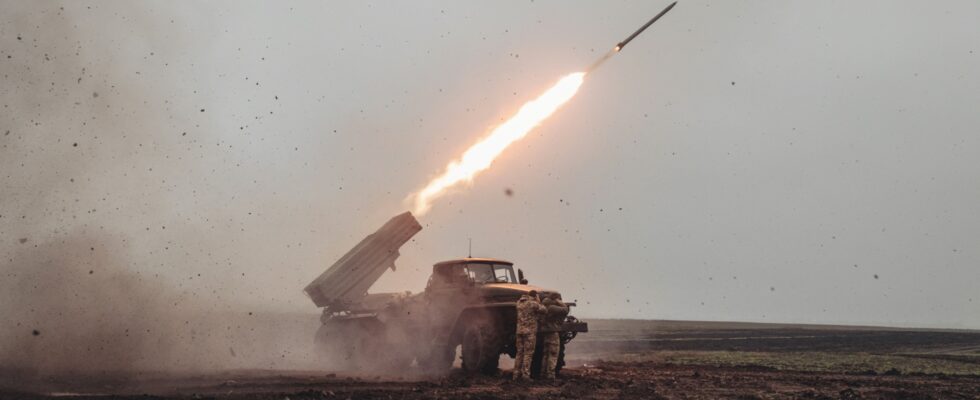Aviva Fried with AFP / Photo credit: Credits: Diego Herrera Carcedo / ANADOLU AGENCY / Anadolu Agency via AFP
The US military announced on Tuesday that it had intercepted numerous drones and missiles in the southern Red Sea fired by the Houthis, a Yemeni rebel group supported by Iran which said it had targeted a boat as well as Israel. The United States patrols this strategic region of the globe alongside an international coalition to protect maritime traffic from attacks by the Houthis, who say they are in solidarity with Hamas in its war against Israel in the Gaza Strip.
On Tuesday, US armed forces deployed in the region “downed 12 attack drones, 3 anti-ship ballistic missiles and 2 cruise missiles in the southern Red Sea, fired by the Houthis” in a period of “approximately 10 a.m.,” the US Middle East Command (Centcom) said.
2,500 soldiers stationed in Iraq
A new conflict on the verge of explosion in the region. Already on Monday, the Pentagon confirmed strikes against Iranian interests in Iraq, leaving one dead and more than twenty injured, raising fears of an irreversible escalation. There are 2,500 American troops stationed in Iraq, 900 in Syria to counter any resurgence of the Islamic State, and they are regularly targeted by terrorist assaults. There have been more than a hundred of these attacks since October alone.
That of Monday in Erbil, in northern Iraq, injured American soldiers and could therefore not go unanswered. Washington claims to have carried out necessary and proportionate strikes which targeted the installations of Kataeb Hezbollah in Iraq, a pro-Iranian terrorist group. An escalation but which is part of a war of nerves led by Iran, as Christopher O’Leary, a former head of anti-terrorism at the FBI, explains to CNN. “Even if these attacks have been sustained, they remain rather measured. They are warnings. If Iran decides to no longer take gloves and let all the groups it represents act with full firepower, we will have a real problem in the region,” he underlines.
The Americans are trying at all costs to avoid a general conflagration in the region, but the balance is difficult to find between appeasement and firmness. Washington has also warned that the United States will act at a time and in a manner of its choosing if these attacks continue.
